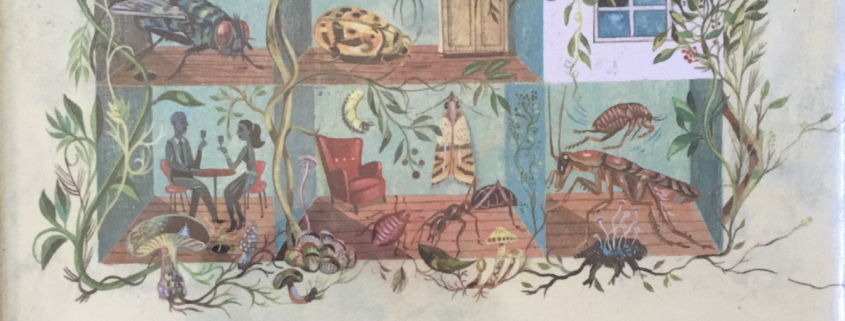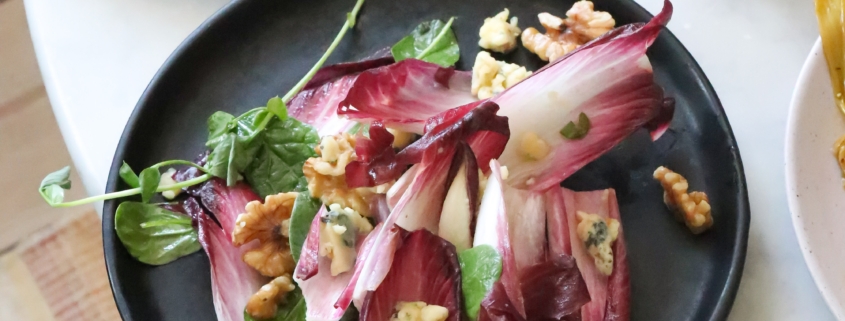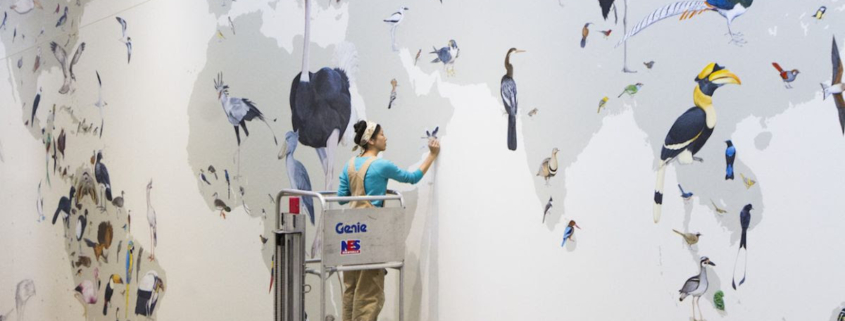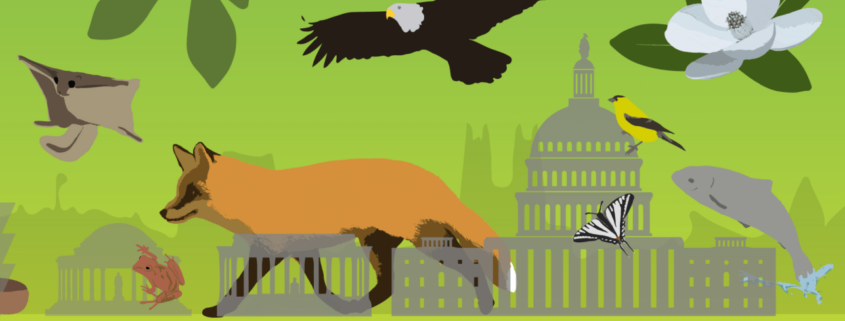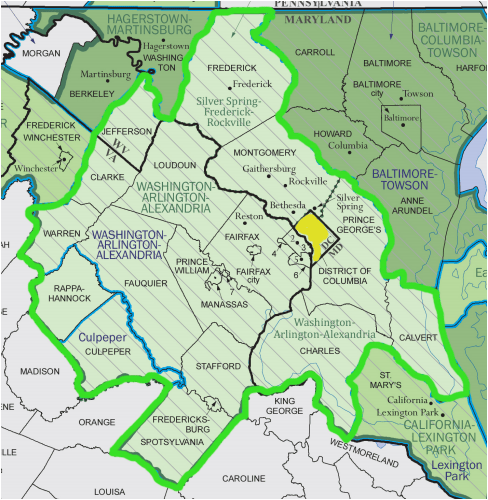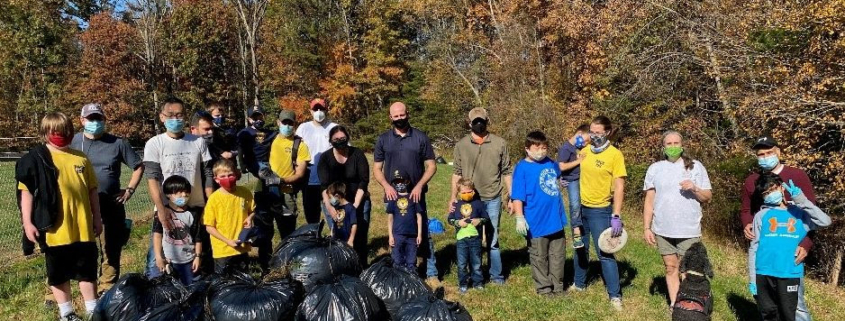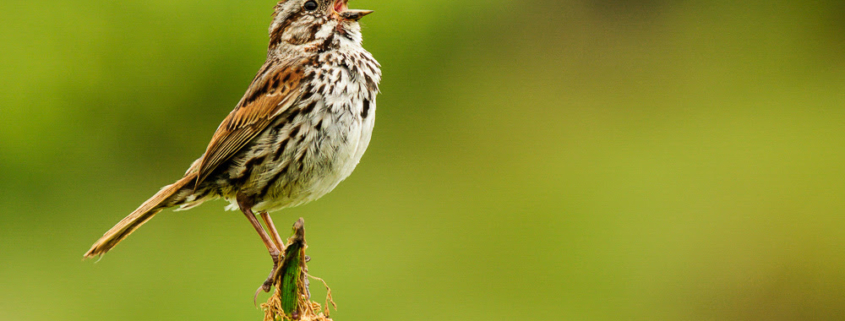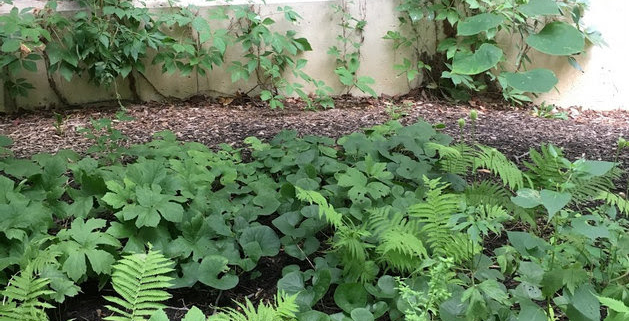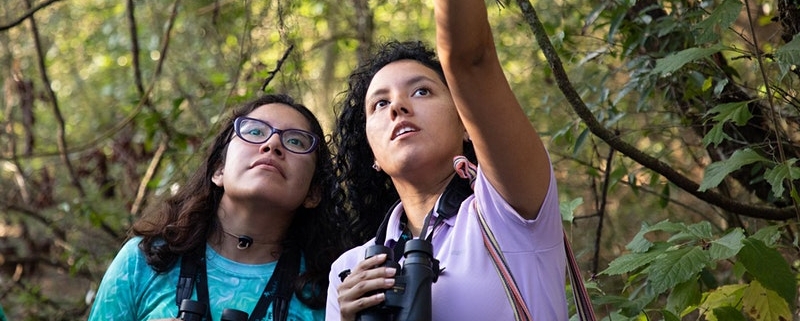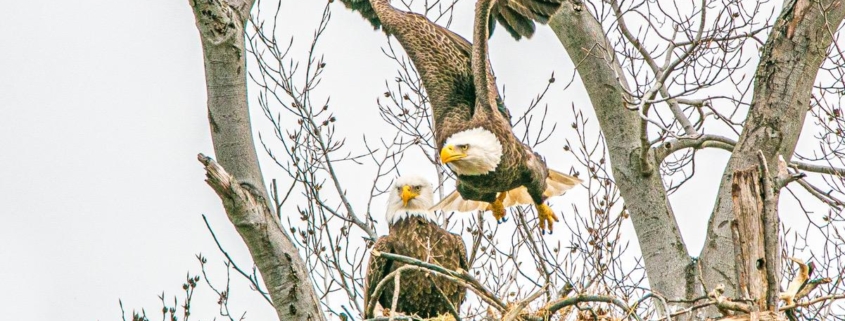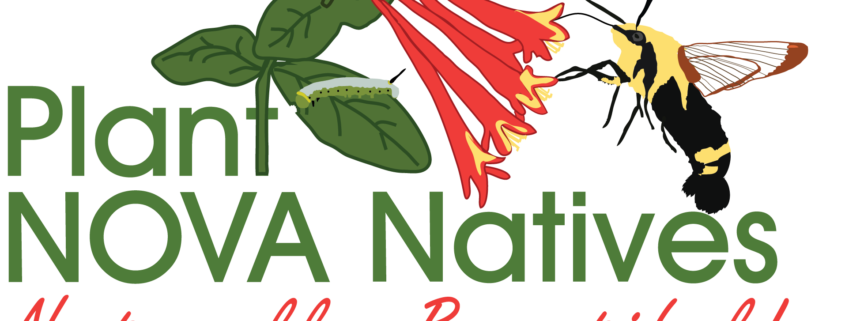Review of Never Home Alone, by Robb Dunn
Review by FMN Kristine Lansing
How much serious thought have you given to the mold in your bathroom, the spider in your stairwell, or the camel cricket bouncing around your basement? Have you ever found yourself wondering what else might be lurking within the four walls of your home, and whether it’s a good thing . . . or not?
As master naturalists, we spend so much of our time observing and interacting with nature “in the wild” that it’s easy to overlook the veritable universe that dwells right alongside us, indoors. In fact, “every house is a wilderness brimming with thousands of species of insects, bacteria, fungi, and plants.”* And it appears new species are being discovered all the time.
In 264 well-crafted pages, Dr. Robb Dun explores the intricate relationships and co-dependencies that some of our tiny lodgers have cultivated not only with us but with one another. Our first instinct may be to get rid of all intruders, but disturbing this delicate balance can occasionally be detrimental to us.
Rather than trying to artificially control the species that surround us, Dunn suggests that we instead “rewild” our homes “to let the wilderness back in, albeit . . . selectively.” Once “the most dangerous beasts” have been tamed, we will be better positioned to “find joy and wonder in the bacteria, fungi, and insects in our daily lives.” Joy? Wonder? After reading this fascinating book you’ll never see your home in quite the same light again!
Rob Dunn is a professor in the department of applied ecology at North Carolina State University and in the Natural History Museum of Denmark at the University of Copenhagen.
- This and all subsequent quotes are from Never Home Alone, Robb Dunn, 2018, Basic Books.


